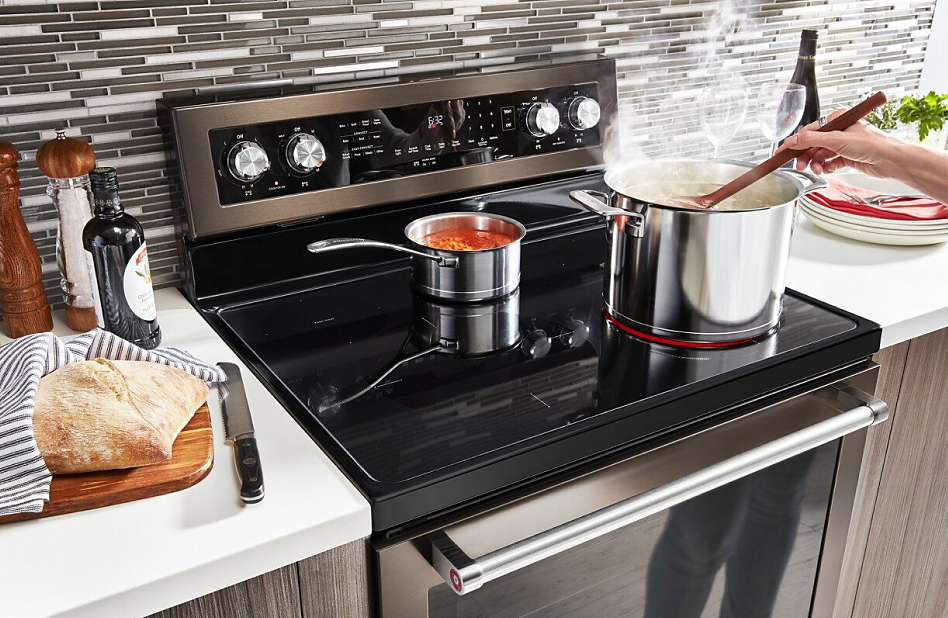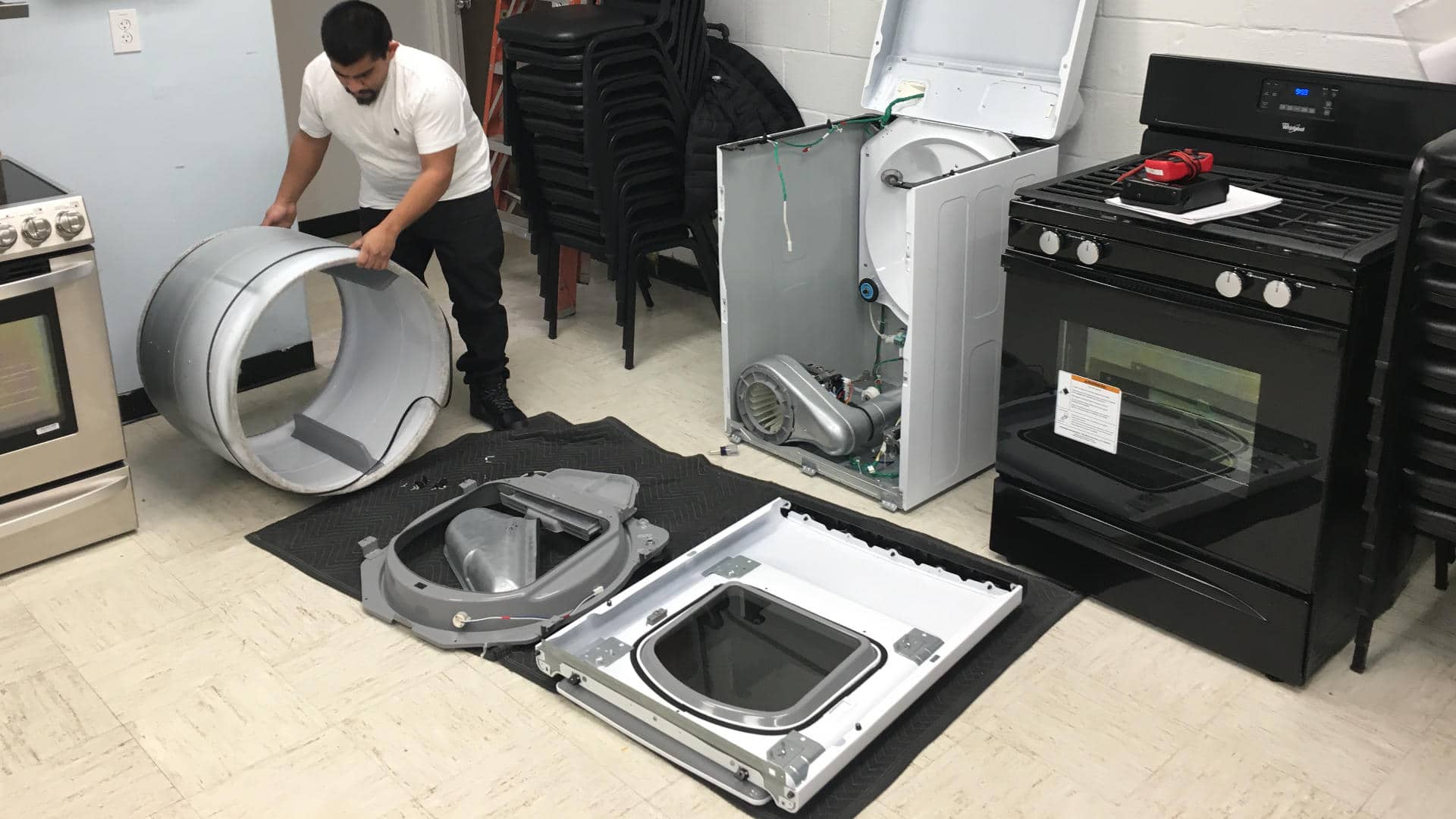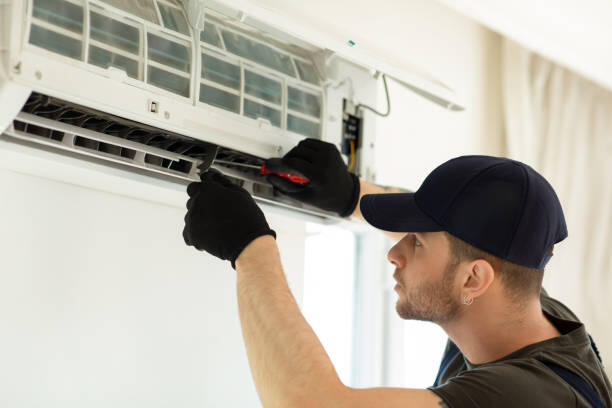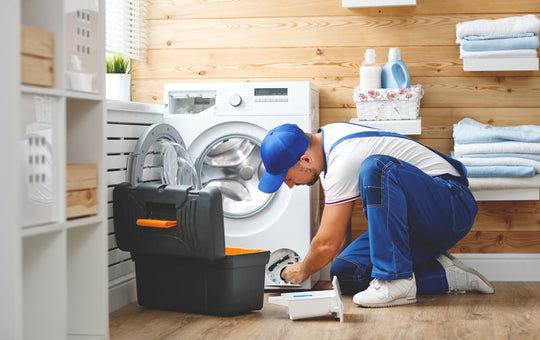Energy-Efficient Appliances: Benefits and Tips
In today's rapidly evolving world, the pursuit of energy efficiency is at the forefront of global consciousness. The choices we make regarding our household appliances play a pivotal role in shaping a more sustainable and responsible future. Energy-efficient appliances are specifically engineered to achieve maximum functionality while minimizing energy consumption. In this extensive exploration, we aim to elucidate the multifaceted benefits of energy-efficient appliances and offer practical insights on how to select.
Comprehending Energy-Efficient Appliances
To appreciate the full spectrum of advantages and strategies associated with energy-efficient appliances, it is vital to grasp what characterizes these remarkable devices. Energy-efficient appliances are meticulously designed to perform their intended tasks with significantly reduced energy requirements, offering several noteworthy advantages:
The Advantages of Energy-Efficient Appliances
1. Reduction in Utility Bills: The most immediately apparent benefit of energy-efficient appliances is their capacity to substantially reduce your energy consumption, leading to lower monthly utility bills. Over time, the cumulative savings can be quite substantial, making the initial investment in these appliances a fiscally sound decision.
2. Environmental Impact: Energy-efficient appliances are designed to consume less electricity, thereby contributing to a significant reduction in your carbon footprint. By minimizing energy consumption, these appliances play an active role in combating climate change and facilitating a greener planet for both current and future generations.
3. Extended Lifespan: Energy-efficient appliances often incorporate high-quality components engineered for durability. This translates into a longer lifespan for your appliances, reducing the frequency of replacements and ultimately decreasing waste, making them an environmentally responsible choice.
4. Government Incentives: Many regions offer government incentives and rebates to incentivize the purchase of energy-efficient appliances. These financial incentives not only encourage the adoption of eco-friendly appliances but also help alleviate the initial cost for consumers.
Selecting Energy-Efficient Appliances for Your Home
Now, let's delve into the specific steps you can take to select the most suitable energy-efficient appliances for your household:
1. Energy Star Certification: When shopping for appliances, be sure to look for the Energy Star label. This certification indicates that the appliance meets or surpasses the stringent energy efficiency standards set by the Environmental Protection Agency (EPA). Energy Star appliances are widely recognized for their superior energy-saving capabilities.
2. Right-sizing Matters: Opt for appliances that precisely match your household's needs. Oversized appliances may consume more energy than necessary, so selecting the appropriate size is fundamental to optimizing energy efficiency.
3. The Energy Guide Label: Every new appliance comes with an Energy Guide label that provides vital information about the appliance's energy consumption and estimated operating costs. Use this data to make an informed decision when selecting your appliances.
4. Consider Fuel Types: Some appliances provide both gas and electric options. Depending on your region and utility rates, gas may prove to be a more energy-efficient choice. Carefully evaluate your options to determine the choice that best aligns with your circumstances.
Strategies for Maximizing Energy Efficiency
Energy-efficient appliances offer a promising start on your journey toward sustainability. To fully harness their benefits, consider these additional tips for energy efficiency:
1. Regular Maintenance: Just like any other appliance, energy-efficient ones require periodic maintenance to remain in optimal condition. Regularly cleaning filters, coils, and vents is essential to ensure these appliances operate at peak efficiency. Scheduling annual maintenance checks can help identify and rectify potential issues before they escalate.
2. Optimal Usage: Adhere to the manufacturer's guidelines when using your appliances. Avoid overloading your refrigerator and refrain from keeping the oven door open for extended periods. Following recommended practices ensures your appliances operate at maximum efficiency.
3. Off-Peak Usage: Certain regions offer reduced electricity rates during off-peak hours. Consider running high-energy appliances like washers and dryers during these times to save on energy costs. Take full advantage of time-of-use pricing structures if they are available.
4. Embrace Smart Technology: Modern appliances often incorporate smart features that enable remote control and programming for energy-efficient use. Explore these features to maximize efficiency. For instance, smart thermostats can adapt to your preferences and adjust heating and cooling to optimize energy consumption.
5. Cold Water Wash: When using your washing machine, opt for cold water wash cycles whenever possible. This significantly reduces energy consumption, as heating water for laundry stands as one of the most energy-intensive tasks that your appliances undertake.
The Future of Energy-Efficient Appliances
As technology continues to advance, we can anticipate the emergence of even more advanced energy-efficient appliances. Innovations like heat pump technology, improved insulation, and advanced sensors will continue to redefine the boundaries of efficiency. Smart appliances will become increasingly commonplace, affording homeowners greater control over their energy consumption.
In conclusion, energy-efficient appliances are laden with benefits, ranging from immediate cost savings to long-term contributions to environmental conservation. By making informed choices when selecting appliances and adopting energy-saving practices, you can positively influence your household budget and make a meaningful contribution to the well-being of the planet.
Invest in energy-efficient appliances and employ them judiciously. Your wallet, the environment, and the prospects of future generations will be grateful for your commitment to a more sustainable and energy-efficient lifestyle.






